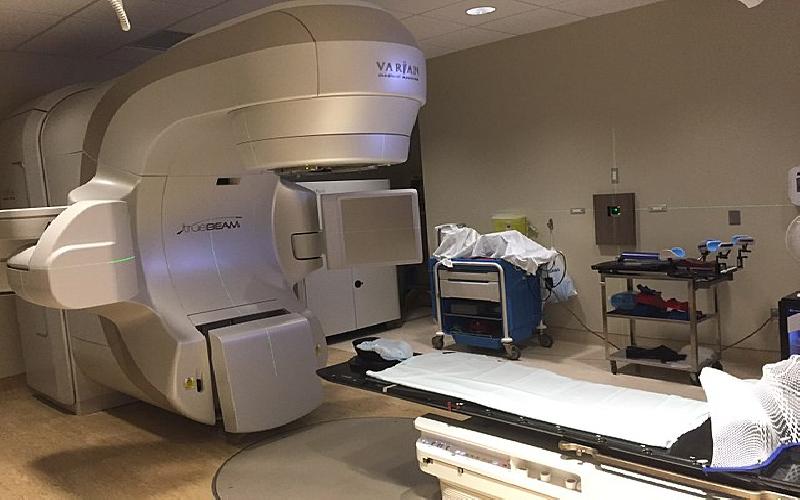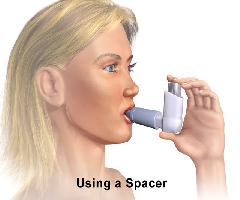Treating Breast Cancer: Challenges of dealing with Chemotherapy and Radiation
Both Chemotherapy and radiation are associated with significant side effects. Most of these side effects are temporary like nausea, vomiting, pain, mouth ulcers, loss of hair, fatigue, vulnerability to infections and changes in menstrual cycle. These remit once the treatment is stopped. However, there are certain more serious long term side effects that pose a greater challenge to health and longevity.
Chemotherapy and radiation are two of the four main modalities of treating breast cancer, the other two being surgery and hormonal treatment with Tamoxifen. Awareness of these long term side effects
can help a person make a more informed decision while opting for the treatment.Long Term Side Effects of Chemotherapy for Breast Cancer
Chemotherapy is used in breast cancer with different objectives. NEOADJUNCT CHEMOTHERAPY is used just before surgery to reduce the size of the tumor. ADJUNCT CHEMOTHERAPY is used immediately after surgery to prevent a recurrence, and PALLIATIVE CHEMOTHERAPY is used to provide some relief in a patient where cancer has become too advanced and spread all over body for surgery to be of any use. A large number of chemotherapeutic medicines can be used for treating Breast cancer, mostly as adjunct to surgery, and different medicines have somewhat different probability of long term side effects.
1. BONE MARROW SUPPRESSION - It is a condition in which chemotherapy damages almost all stem cells of the bone marrow from which red and white blood cells are borne, leading to severe aplastic anemia and leucopenia, i.e.. shortage of white cells in blood and platelet deficiency. Untreated, the condition can become fatal and hence immediate treatment with blood transfusion is required, followed by bone marrow transplantation, which can be AUTOLOGOUS, i.e.. from own cells which are removed from the patient, multiplied and re-injected, or ALLOGENIC, i.e.. from another donor.
2. IMMUNOSUPPRESSION - The loss of immunity resulting from fall in white blood cell count is a somewhat milder form, which may not be permanent but can lead to severe infections that by itself can become a danger to life. Treatment consists of blood transfusion and synthetic growth factors, like FILGRASTIM which stimulate the growth of white cells.
3. SECONDARY NEPOLASMS - One risk of chemotherapy in all forms is the possibility of development of another kind of malignant tumor, in blood, or other organs.
4. PREMATURE MENOPAUSE - Damage to ovarian cells caused by chemotherapy can lead to a premature onset of menopause.
6. OTHERS - Other long term side effects include CHEMO BRAIN, wherein there is memory
loss and impairment of cognitive functions. Some of the chemotherapeutic drugs cause organ toxicity of which CARDIOTOXICITY and INTERSTITIAL LUNG DISEASE are most common. The chances of cardiotoxicity (damage to heart) is reported to lessen with the use of a new medicine called TRASTUZUMAB (HERCEPTIN).Long Term Side Effects of Radiation for Treating Breast Cancer
Radiation is given in breast cancer in the form of EXTERNAL BEAM RADIOTHERAPY, after surgery to destroy the cancer cells that have been left behind after surgery. Most side effects of radiation are acute and short lived but some can be more long lasting.
1. FIBROSIS - Radiation destroys normal cells and can cause fibrosis to happen, seen mostly around the site of surgery.
2. JOINT CHANGES - Prolonged radiation treatment can affect the mobility of joints such as shoulders and jaw, leading to difficulty in full movement of arm or difficulty in opening the jaw. This problem usually persists for many years or permanently and may require sessions with a physiotherapist to get relief.
3. MOUTH CHANGES - Radiation leads to damage of mucosal cell lining of mouth and the salivary and lachrymal glands, which can cause 'dry mouth' and 'dry eyes'. It can also cause loosening and fall of teeth or even cavities. All these side effects require careful oral hygiene and dentist care.
4. SECONDARY CANCERS - Radiation damages cells and can also lead to development of cancers of skin or other organs years after the radiation treatment is over. The overall frequency of such tumors is however, low.
5. OTHERS - Other long term side effects of radiotherapy in breast cancer include LYMPH EDEMA, i.e.. swelling resulting from blocking of lymph vessels, hair loss, which can be fairly long lasting in these cases and infertility from damage to ovarian cells.
Thus both chemotherapy and radiation can lead to significant long term side effects. Awareness of these side effects can help prepare the person accept them and deal with them in a better manner.










